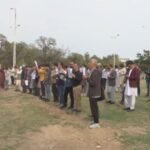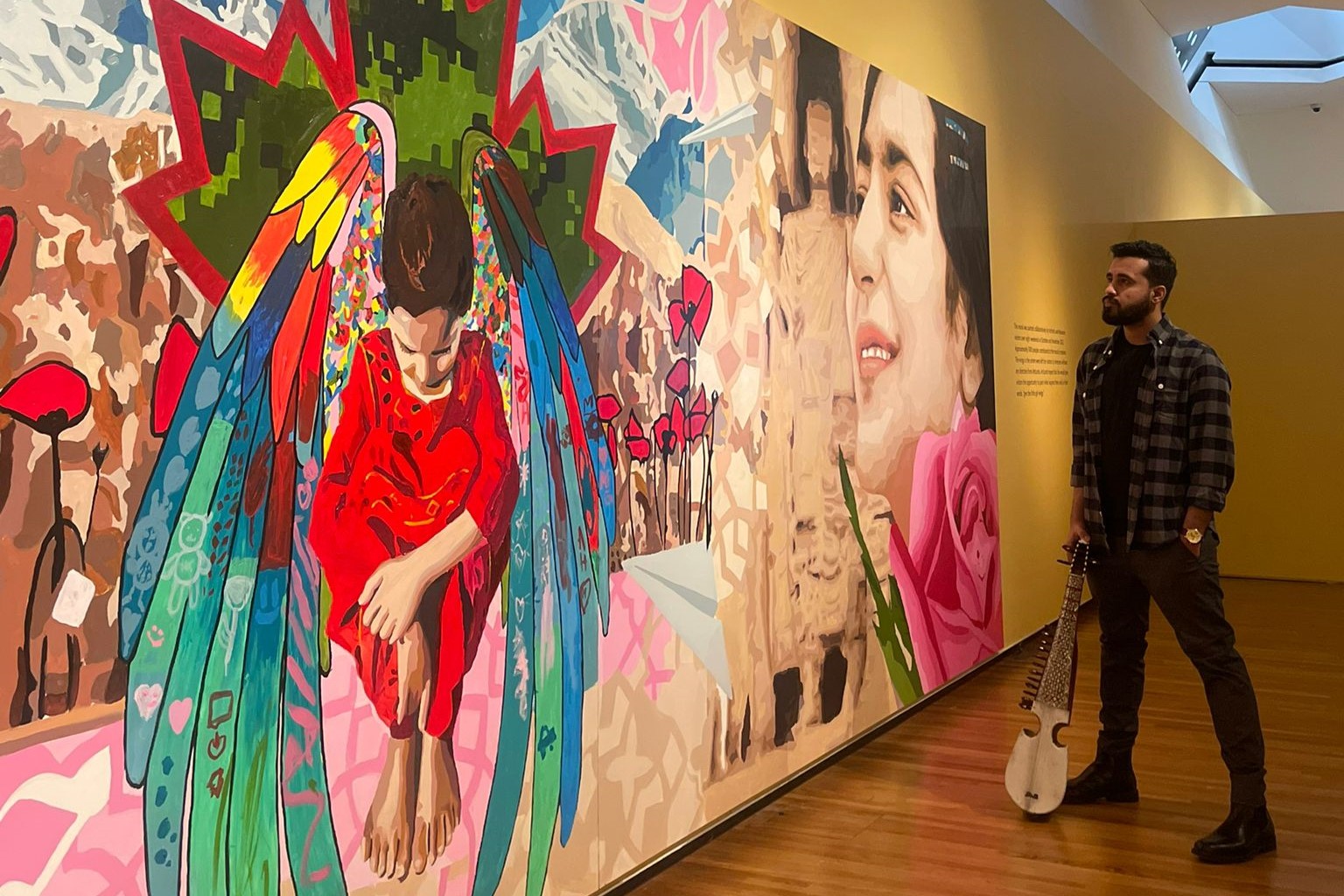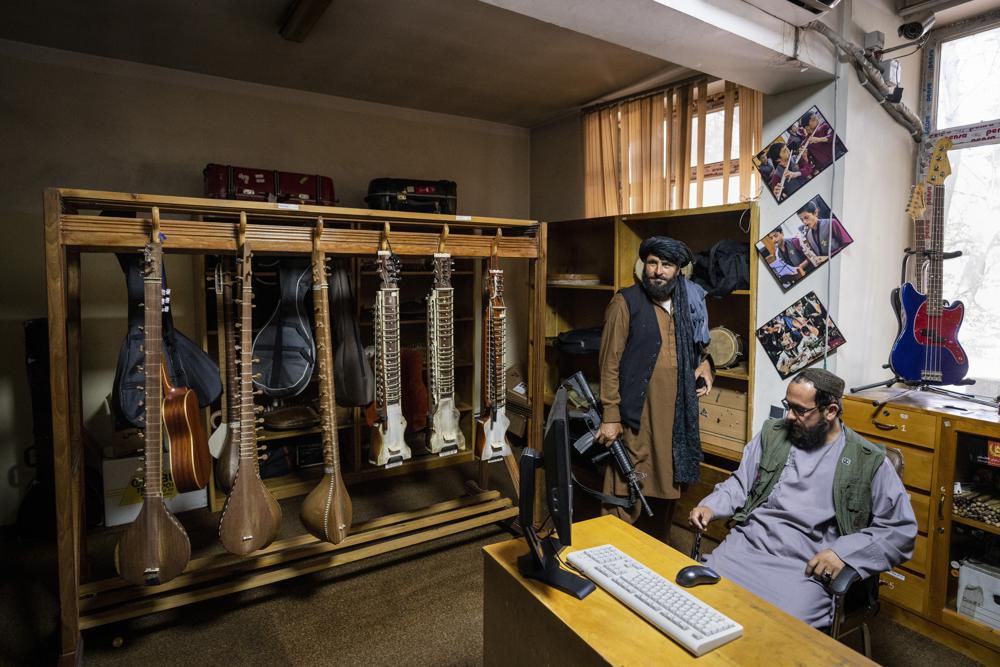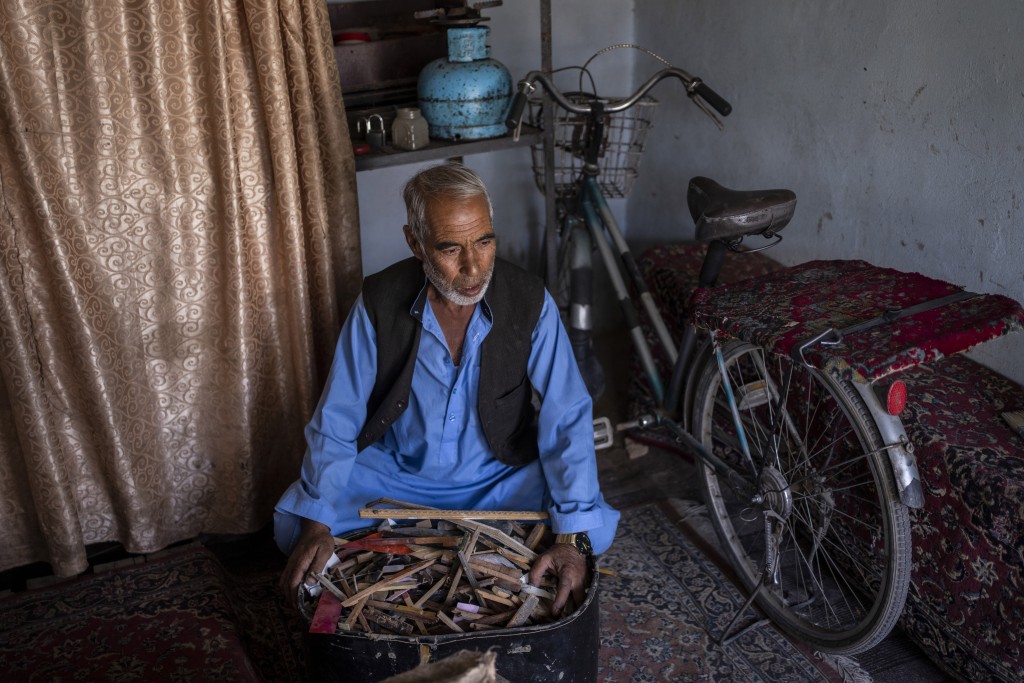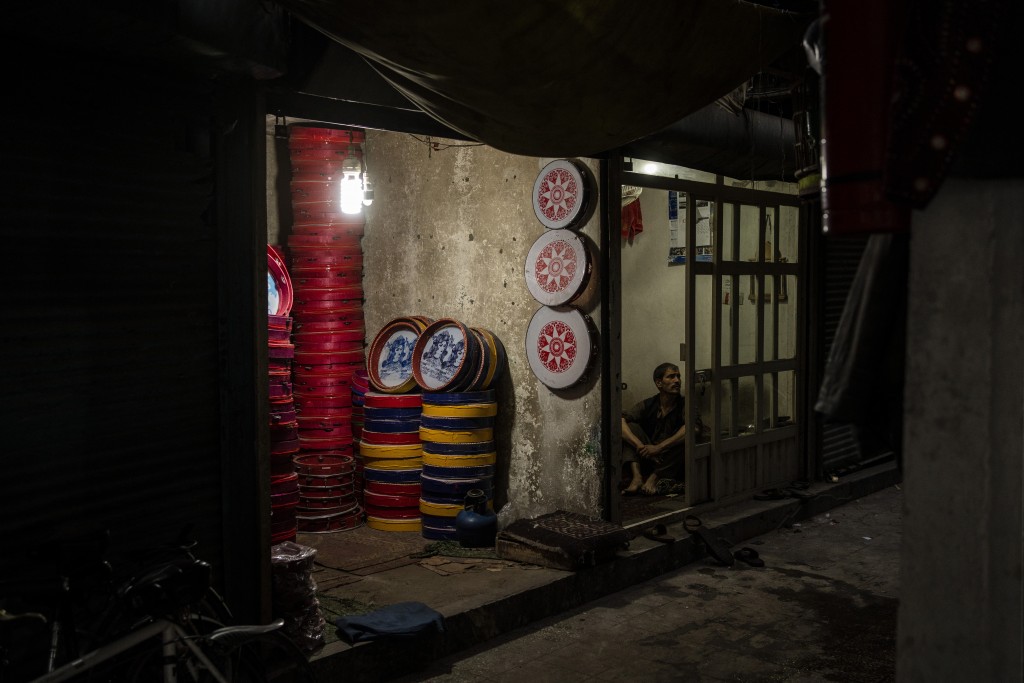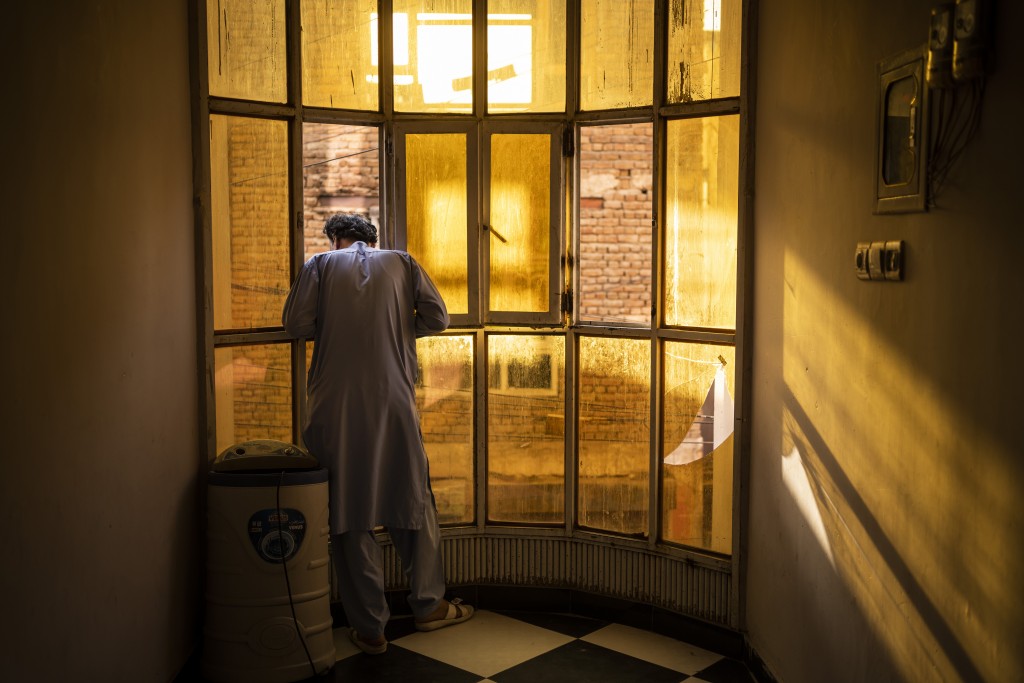The Taliban’s ban on music in Afghanistan has sent shockwaves throughout the region, and for no good reason. This extremist stance on music has had a profound impact on Afghan musicians and their livelihoods. Many musicians have been forced to flee the country, while others have been targeted with violent attacks, including beatings and killings. The closure of music schools, studios, and stores has deprived Afghan musicians of their ability to earn a living, and the banning of music is a gross violation of their fundamental human rights.
The international community must condemn the Taliban’s actions and work towards promoting freedom of expression and artistic creativity in Afghanistan. Music is an essential form of human expression, and to deny people the opportunity to create and enjoy music is a grave injustice.
The Taliban’s strict interpretation of Islam sees music and other forms of art as un-Islamic and therefore condemnable. This narrow-minded view not only restricts the cultural and artistic expressions of the Afghan people, but it also threatens the broader region’s cultural heritage.
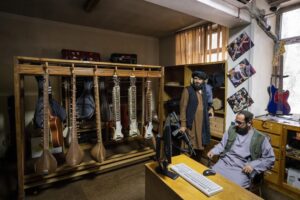
6 images
The rise of extremism is not limited to Afghanistan, as seen with recent activities in Khyber Pakhtunkhwa (KPK) in Pakistan. The Taliban-linked Tehrik-i-Taliban Pakistan’s (TTP) recent attacks on a police station in Peshawar and Swat is particularly alarming. At least 100 people were killed and more than 200 wounded in the deadliest suicide attack at Peshawar police station.
The region has been grappling with terrorism for several years, resulting in the loss of many innocent lives. The rise of terrorism has also affected the cultural and artistic traditions of Pashtuns.
The Pashtun community has a rich musical heritage, and music has always been an integral part of their culture. However, the rise of extremism and terrorism has had a significant impact on the music industry in Afghanistan and Pakistan’s Khyber Pakhtunkhwa region.
September is a dark month in the Afghan calendar🗓; so much to grieve, from the martyrdom of Afghan National Hero to reversing to square one. Today, the once renowned all-female “Zohra Orchestra” of @OfficialANIM is dead. The day the music 🎶 died in #Afghanistan. pic.twitter.com/tmw2zWNK70
— Tahir Qadiry | طاهر قادرى (@tahirqadiry) September 8, 2021
Many Pashtun musicians have been targeted and killed by extremist groups, leading to a decline in the number of musicians in the region. The Taliban’s rise to power in Afghanistan has further emboldened extremist groups in Pakistan, and the situation for Pashtun musicians has become even more challenging.
Despite the challenges, some Pashtun musicians continue to perform and promote their music, but they often face numerous obstacles, including lack of support from the government, limited opportunities to perform, and security concerns.
The future of Pashtun musicians in Khyber Pakhtunkhwa remains uncertain due to the continued rise of extremism and terrorism, which poses a significant threat to the community’s cultural traditions and artistic heritage. The Government of Pakistan shares the responsibility for not promoting the Pashtun music industry and culture and failing to provide safety and security to musicians in the province.
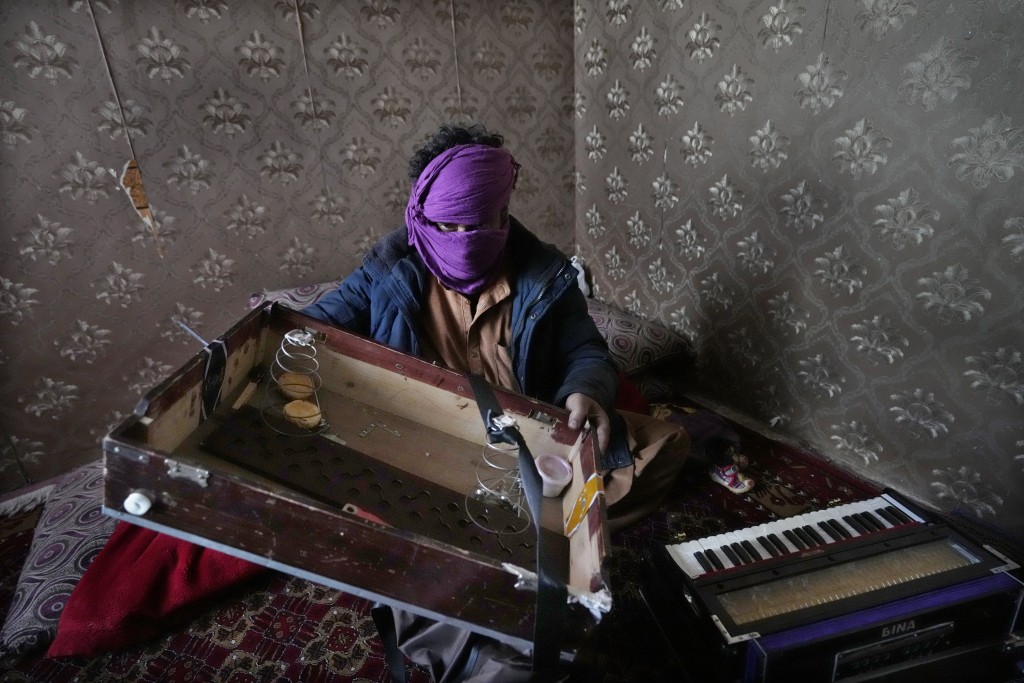
However, if the government provides opportunities and support to musicians, the music industry in the region can be revived. One way to do this is by promoting Pashtun music and offering musicians opportunities to perform. Concerts and festivals could be organized in the region, providing a platform for musicians to showcase their talents. Additionally, the government should prioritize the security of musicians and provide them with adequate protection to prevent further attacks.
It is essential to speak out against human rights abuses and work towards promoting tolerance and inclusivity, not only in Afghanistan but in the broader region as well. The spread of extremism is a threat to not only musicians and artists but also the entire cultural heritage of the affected regions. The Taliban’s extremist views on music must be condemned, and efforts should be made to promote artistic creativity and freedom of expression.
In conclusion, the threat of extremism to Pashtun musicians in Khyber Pakhtunkhwa and Afghanistan is a grave concern that demands urgent attention. The banning of music and attacks on musicians are a violation of their fundamental human rights and cultural heritage.
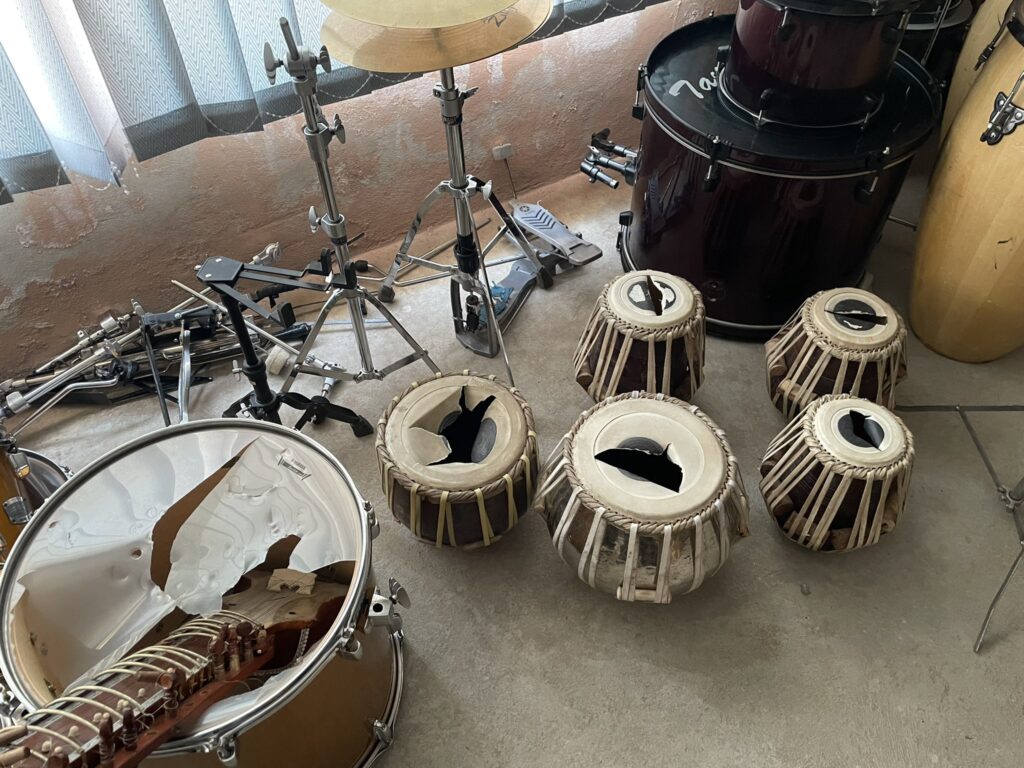
The international community must condemn these actions and work towards promoting artistic creativity and freedom of expression in the affected regions. Concerts, festivals, and other opportunities for Pashtun musicians to perform must be promoted and supported, and the government should prioritize their safety and security.
The continued spread of extremism poses a threat not only to musicians but also to the broader cultural heritage of the affected regions, and it is crucial to take action to prevent further harm.
The author is an emerging musician and art and culture preservationist from Mardan, Khyber Pakhtunkhwa who actively collaborates with various bodies, such as PNCA and the US Embassy, to drive awareness and appreciation for Pashtun culture and music.
He can be contacted on his instagram handle @aimalkhattakofficial.

